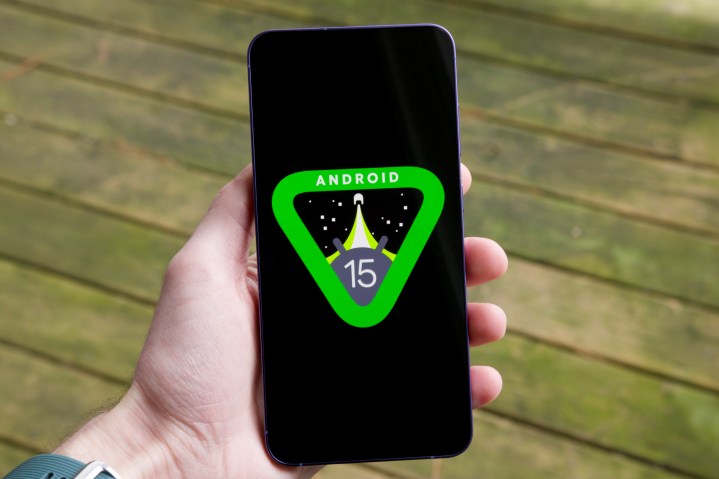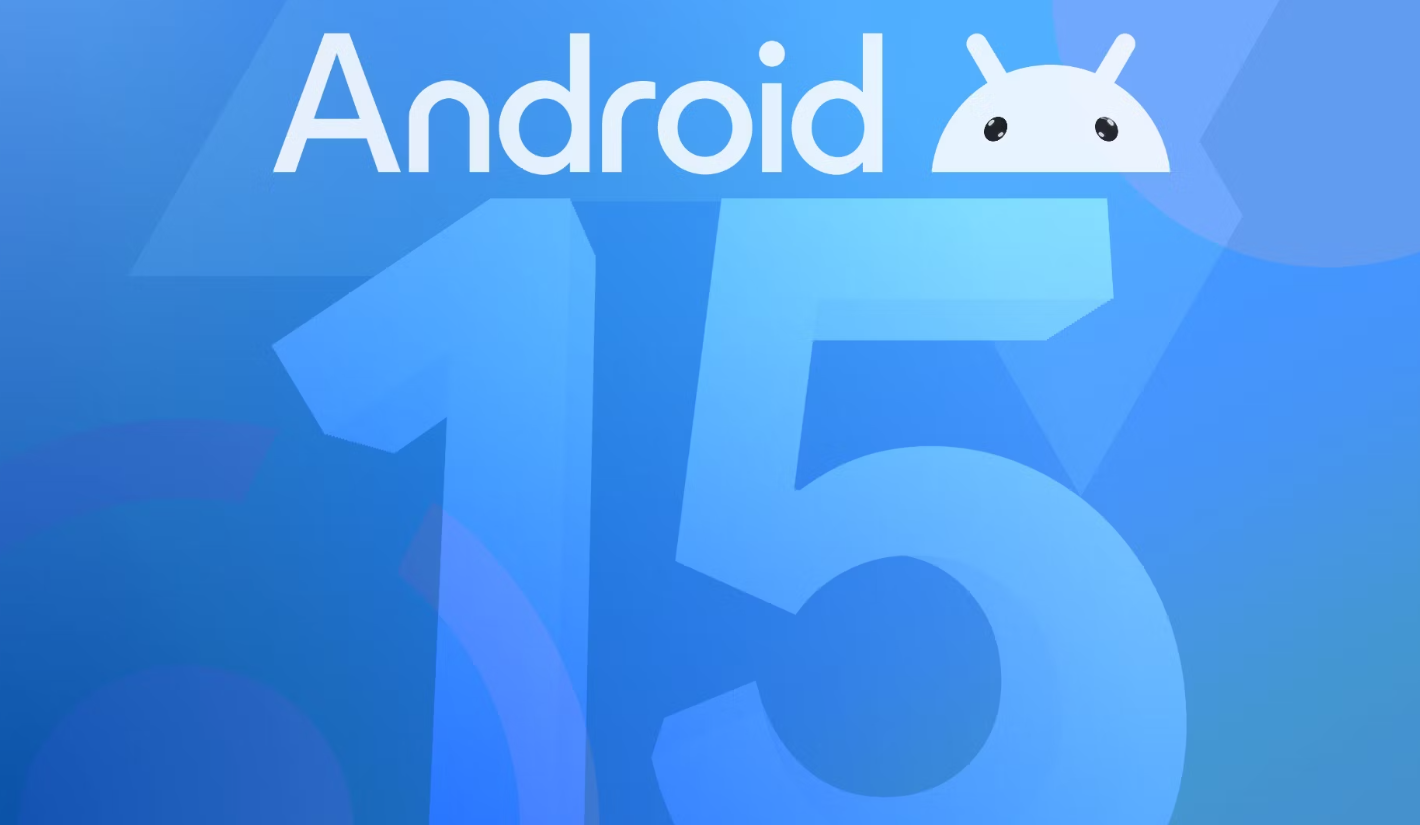New dangerous malware BlackRock targets Android users
Specialists of the ThreatFabric company working in the field of information security reported the discovery of new dangerous malware that threatens hundreds of popular applications for the Android mobile platform. We are talking about BlackRock malware, which can be used to steal credentials and payment information.









